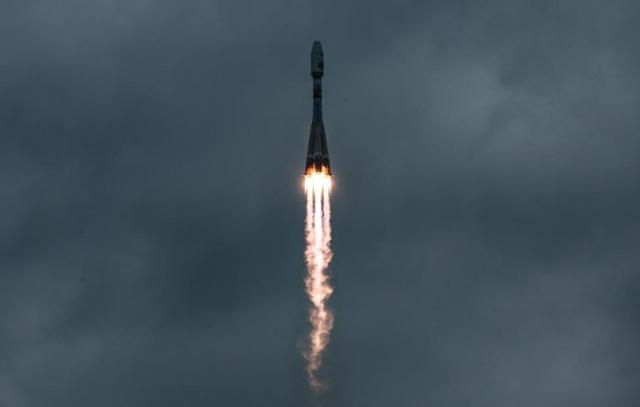The General Director of Roscosmos, Yuri Borisov, said that it is impossible to interrupt the program again in any case
MOSCOW, August 21. /tass/. The interruption of the Russian lunar exploration program for almost half a century was one of the reasons for the failure of the Luna-25 mission, it is impossible to interrupt the program again in any case, Roscosmos CEO Yuri Borisov said in an interview with Rossiya-24 TV channel.
"In no case should we interrupt the lunar program, it would be the most wrong decision. I think that the experience, the negative experience of interrupting the lunar program for almost 50 years is the main reason for failures. We have to essentially master all technologies in a new way - of course, at a new technical level," he said.
According to the head of Roscosmos, it is impossible to give a 100% guarantee of the success of such missions - over the past four years, the missions of India, the UAE and Israel have failed at landing on the Moon. "It took the Soviet Union and the United States a decade to make the first soft landings," he added.
Borisov stressed that Russia was also looking for an opportunity to conduct experiments of this kind in more difficult situations - not only international prestige, but also defense capability and technological sovereignty depend on them. "Each mission of such a plan gives a tremendous boost to the development of science and technology. And this is the absolute value of these experiments," the head of the state corporation stressed.
Borisov believes that the exploration of the Moon has practical value, since the race for the development of the Moon's natural resources has already begun. "In the future, the Moon will become a platform for deep space exploration - an ideal platform. Therefore, of course, we need to look for opportunities and continue the research and implementation of the lunar program," said the Director General of Roscosmos.
About emergency missions
More than ten emergency missions were launched during the implementation of the Soviet lunar program, and each of them became a source of practical experience for spacecraft developers, Borisov said.
"The entire historical experience of conducting such complex scientific experiments has been accompanied by numerous accidents. From the 58th year, when the Soviet Union was seriously engaged in the lunar program, until the first successful soft landing in the 66th year of Luna-9, more than 10 emergency missions occurred, and each accident gave the ground and practical experience to the developers. Only through the use of new technologies, modern modeling methods, it is possible to reduce the level of these accidents," he said.
The head of Roscosmos pointed out that "the invaluable experience that our predecessors accumulated in the 60s and 70s was practically lost" because the generational change was interrupted. However, one of the achievements of the unfinished mission of Luna-25 was the formation of a new team that will take into account all the mistakes. Borisov noted that such missions have a very painful effect on the development teams.
Earlier, Roscosmos reported that the Luna-25 automatic station, according to preliminary calculations, ceased to exist after colliding with the surface of the Moon. Prior to that, an impulse was given to the device to form its pre-landing elliptical orbit. At about 14:57 Moscow time on Saturday, communication with the spacecraft was interrupted.
The Soyuz-2.1b carrier rocket with the Luna-25 automatic station launched from the Vostochny cosmodrome at 02:10 Moscow Time on August 11. On August 12 and 14, the device made two trajectory corrections. On Wednesday, August 16, the automatic station entered the lunar orbit. The landing of the device was scheduled for August 21.

